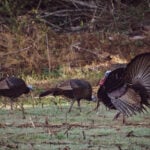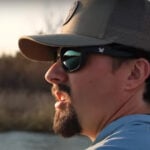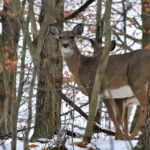Wisconsin’s hunters, anglers and trappers saw once more July 19 that their license fees are taken for granted by Gov. Scott Walker’s Department of Natural Resources, whose leaders shirked an Assembly hearing on a bill challenging basic law-enforcement principles long embraced by courts and sportsmen.
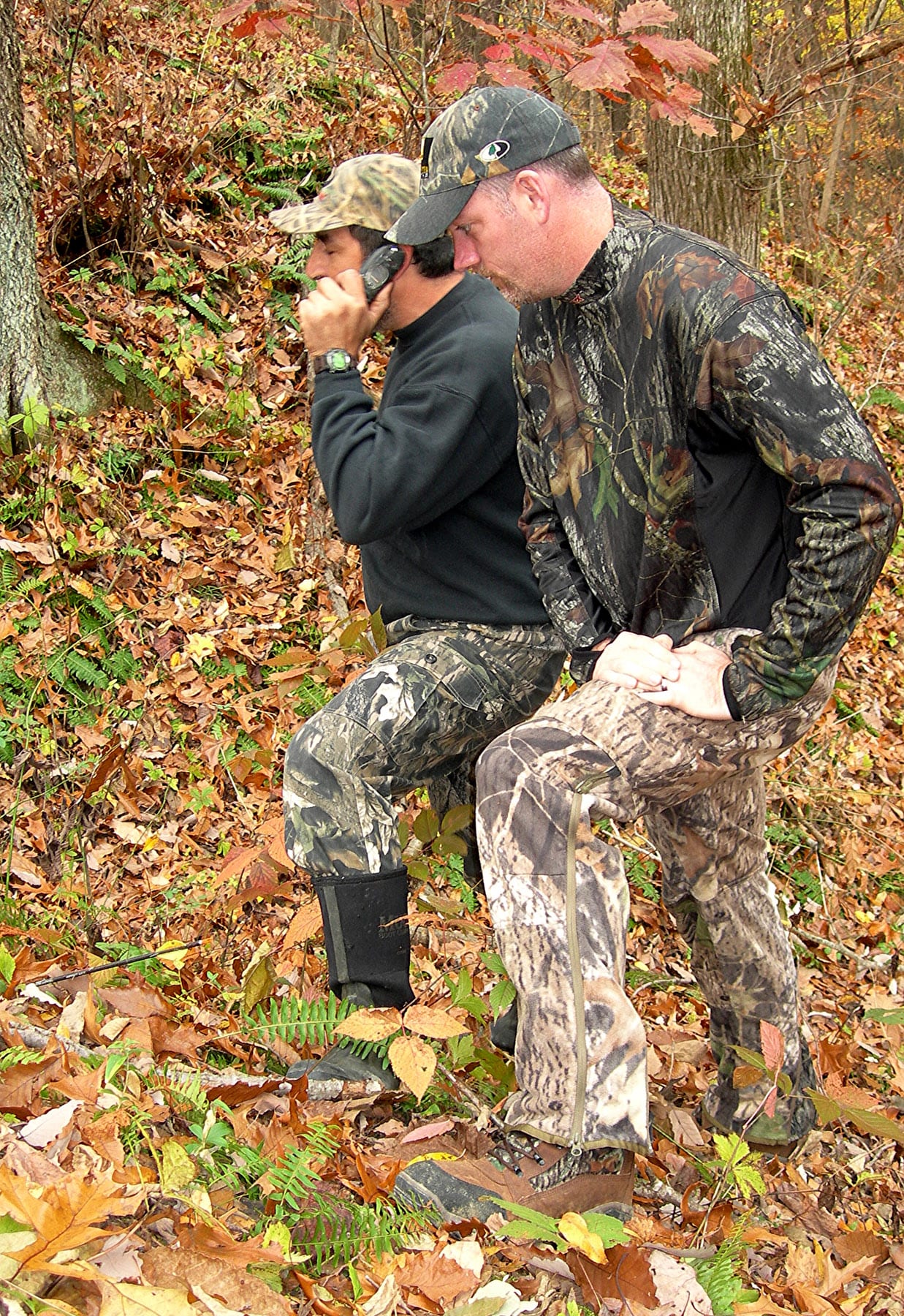
Wisconsin DNR administrators have made no effort to debunk false Fourth Amendment assumptions in a bill that would prevent law-enforcement officials from entering private lands to enforce fishing and hunting laws.
In the days that followed, Wisconsin’s DNR brass defended their absence before the 15-member Natural Resources and Sporting Heritage committee by invoking an inbred agency policy that shifts shape so often the hearing’s chairman, Rep. Joel Kleefisch, R-Oconomowoc, couldn’t cite it with certainty when asked the following Monday.
So, let’s unravel yet another 2017 DNR mess, which plops alongside previous fiascos like downplaying chronic wasting disease, downsizing its presence at the State Fair, slashing its Natural Resources magazine, and stifling media access to agency staff.
This latest dereliction starts with another eye-rolling bill from Rep. Adam Jarchow, R-Balsam Lake, who testified in the state Capitol that bar visits inspired his bill, AB-411. No, not “bar,” as in legal institutions; “bar,” as in beer, brandy and bumblers on barstools. Jarchow told the committee he visits bars to hear his constituents’ legal insights.
Granted, few Wisconsin institutions are more charming than rural taverns, but AB-411 has a fatal flaw: It tries to prevent conservation wardens from entering private property unless they have “reasonable suspicion” a violation had occurred.
Jarchow should spend more time in libraries. Maybe then he’d quit trying to portray himself as a Fourth-Amendment and private-property patriot. Every legal precedent from our common law to the U.S. Supreme Court has repeatedly found that Fourth Amendment protections apply only to our “persons, houses, papers and effects,” not surrounding lands.
That “open fields doctrine” lets police, sheriffs and conservation wardens enter private property to enforce the law. That ensures publicly owned fish, wildlife and other natural resources are protected on private lands, which make up 82 percent of Wisconsin.
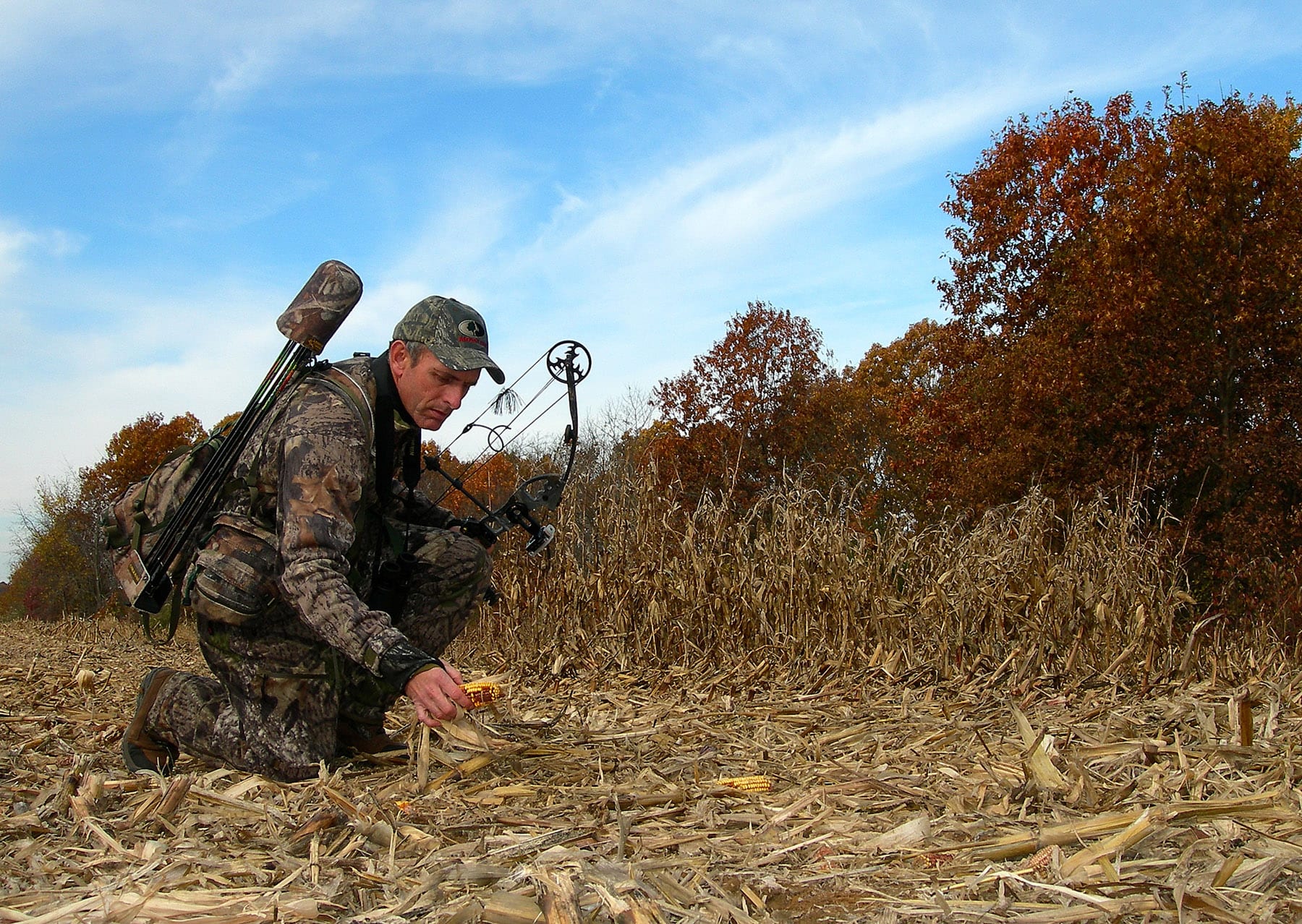
The “open fields doctrine” lets police, sheriffs and conservation wardens enter private property to enforce the law.
Because AB-411 would have profound legal impacts on outdoor recreation and the DNR’s law-enforcement bureau, Rep. Nick Milroy, D-South Range, e-mailed the agency’s chief warden, Todd Schaller, July 14 requesting he testify at the hearing. “This legislation directly affects you and your staff,” Milroy wrote. “It is important we receive your thoughts on the bill.”
Until this administration got elected in November 2010, such requests were seldom needed. If DNR administrators got wind of bills affecting their work and natural resources, agency staff testified on behalf of the public, which pays their wages. And if the agency found the bill faulty, the DNR opposed it publicly.
That changed when DNR Secretary Cathy Stepp took over in January 2011. She told DNR staff they could only present information, and not take positions when testifying. In July 2013, Stepp explained her directive at the Wisconsin Outdoor Communicators Association’s annual conference in Eagle River:
“(We) lay out the pros and cons, because we should be the expertise and resource they (lawmakers) draw from when making decisions on legislation. … We make our experts available to give the pros and cons. If you do X, you’ll likely experience Y and Z. Then the decision-maker can say: ‘OK, maybe I should pull back on this. Maybe this isn’t such a good idea.’ That’s how we should be used; as the biological, scientific experts. The enforcement experts. When we’re viewed as nonpartisan, and we’re just there to present the facts. … (we) build credibility and respect between the Legislature and the agency.”
My, how times change. Milroy said the DNR took four days to deny his request for Schaller’s testimony, and it came via voicemail on his cell-phone a day before the hearing. He was told the DNR only honors such requests from committee chairs or a bill’s primary author; in this case, Kleefisch or Jarchow. In other words, if you’re a Democrat, go away.
So Milroy took his request to Kleefisch before the hearing July 19. Kleefisch then told the DNR’s legislative liaison, Tim Gary, they needed Schaller’s testimony. Kleefisch said that’s when he heard about the DNR’s policy on who can testify. “I was also told, unfortunately, that Schaller wasn’t available anyway because of calendar conflicts,” Kleefisch said Monday when interviewed. “In their defense, it was cutting things close.”
Kleefisch remained uncertain of the DNR’s policy on testifying, and asked me if he had it right. He added that it would be virtually impossible for him to know every possible DNR policy.
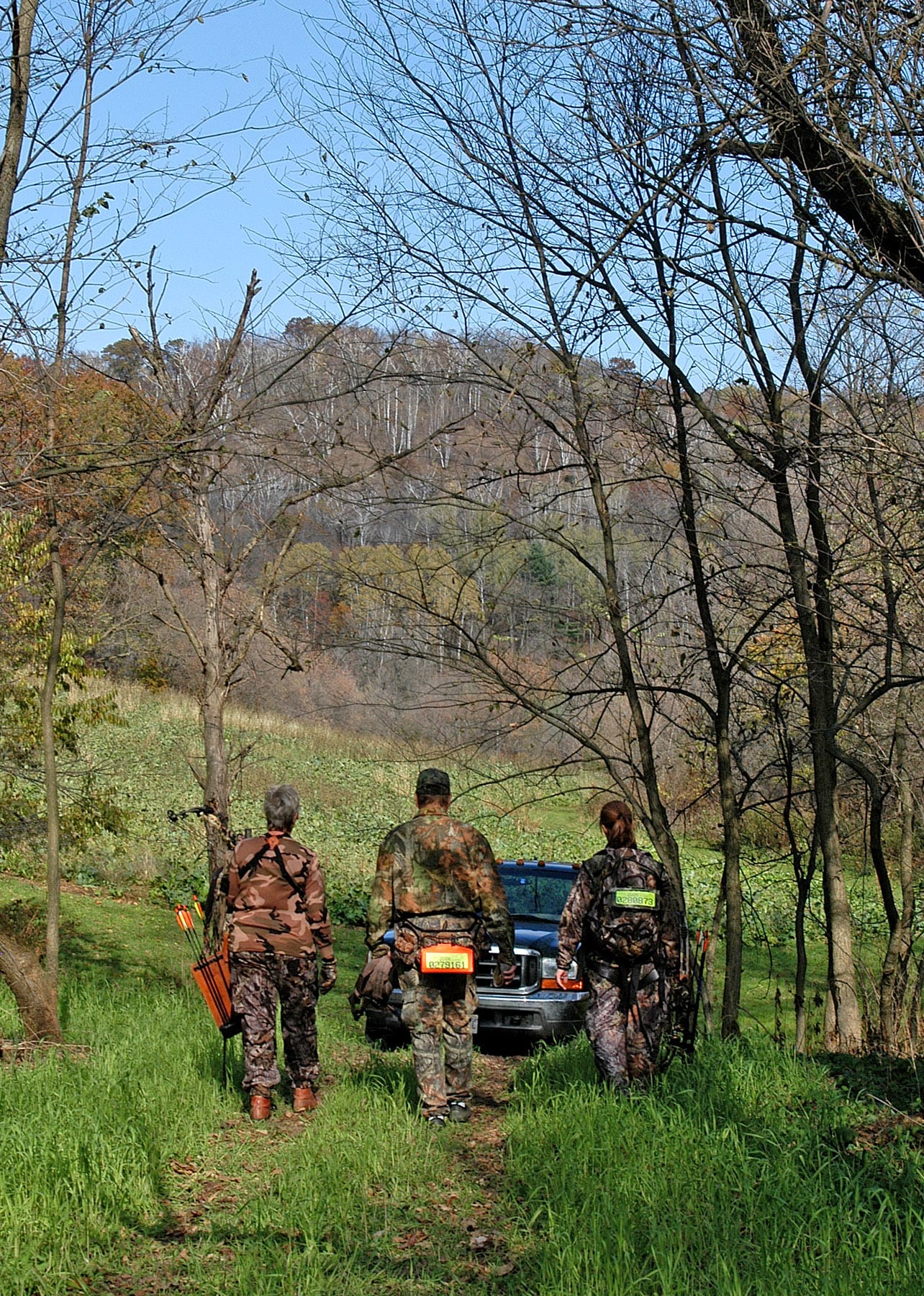
Fourth Amendment protections apply only to our “persons, houses, papers and effects,” not surrounding lands.
That’s understandable. After all, DNR administrators have poorly explained things. In an email March 15 to former DNR Secretary George Meyer, DNR deputy secretary Kurt Thiede wrote: “The department appears at public hearings for informational purposes when requested by a committee chairman or a bill’s primary author. This has been administration policy since 2011 and well cited.”
Hmm. No. It’s neither well cited nor age 6. Secretary Stepp put no such conditions on that policy in July 2013. And when I asked DNR spokesman Jim Dick in a July 21 email if the staff-testimony rule is a written policy and, if so, please send a copy, he replied: “There is no written policy so there is no copy of a document to give you.”
I then asked when the policy took effect, and whether it was first reviewed by the Natural Resources Board, or the Assembly and Senate’s natural-resources committees. Dick replied July 24: “Our last email, I thought, was pretty clear. This is not a policy. The department has been clear and consistent in its practice of appearing at legislative public hearings for informational purposes when requested by a committee chairman or a bill’s primary author.”
The only thing clear is that Dick, Thiede and Stepp can’t get their stories straight. In March, Thiede said it’s been DNR “policy” since 2011. In July 2013, Stepp pledged only to impartially provide legislators pro and con information. And now Dick says it’s a long-standing “practice,” not a policy.
This is not the open, transparent government Gov. Walker keeps pledging. Folks like Dick, Thiede and Stepp are paid to represent the public trust when age-old pastimes and Wisconsin’s natural resources are threatened by barstool lawyers.
Wisconsin deserves a professionally run fish-and-wildlife agency, not a wad of grumpy partisans who change the rules by whim and explain them only when asked.

 By
By 